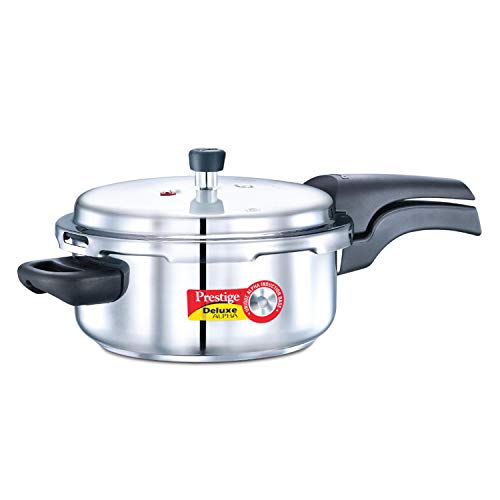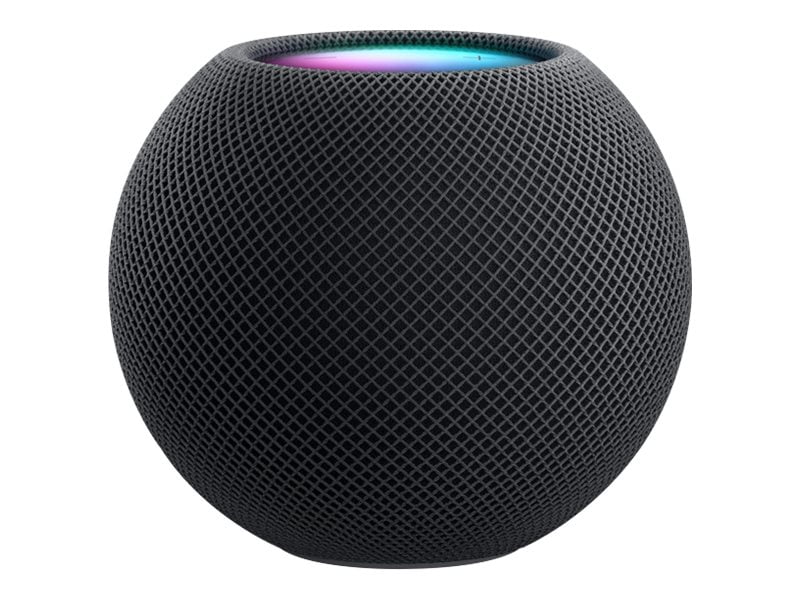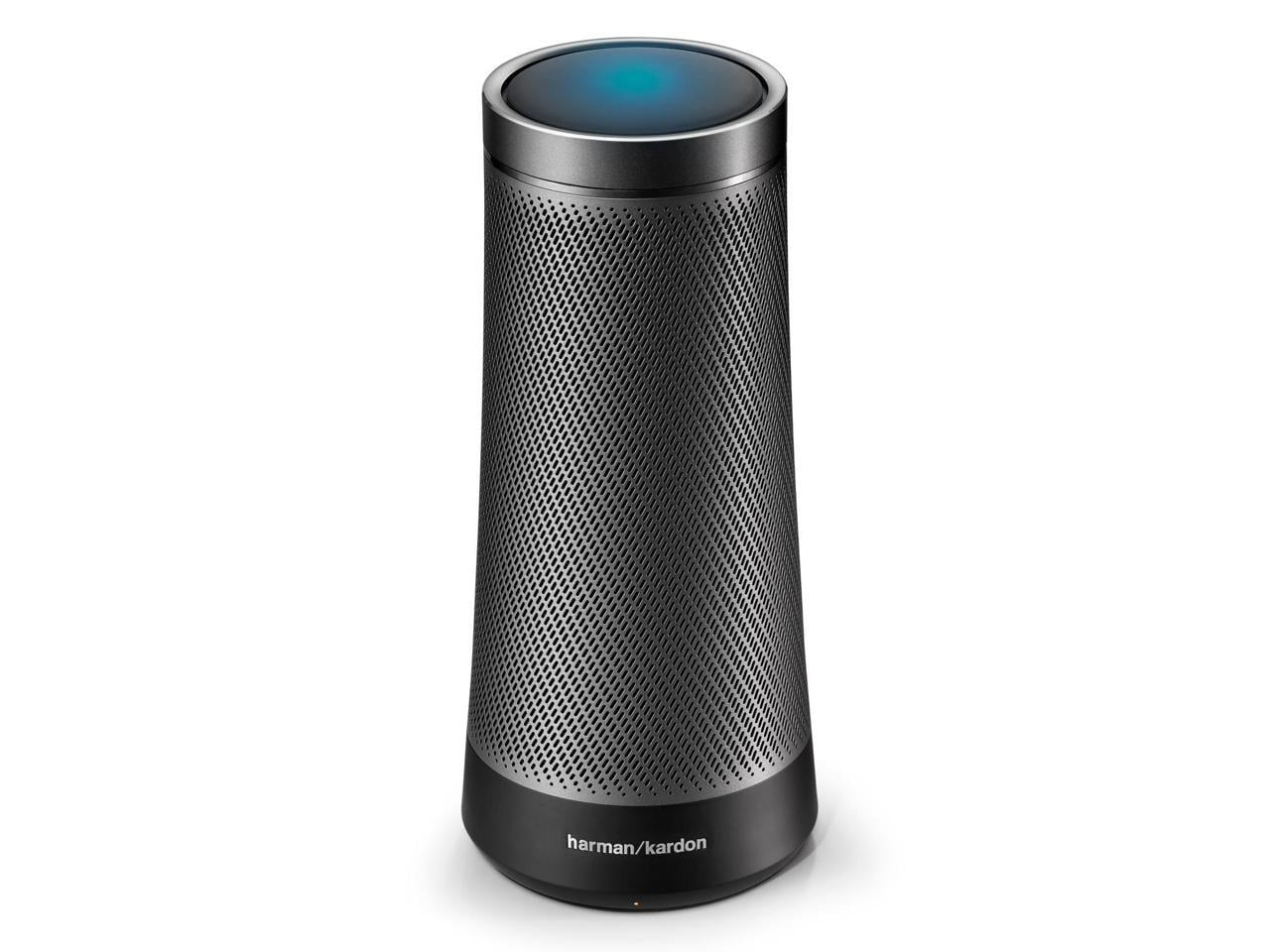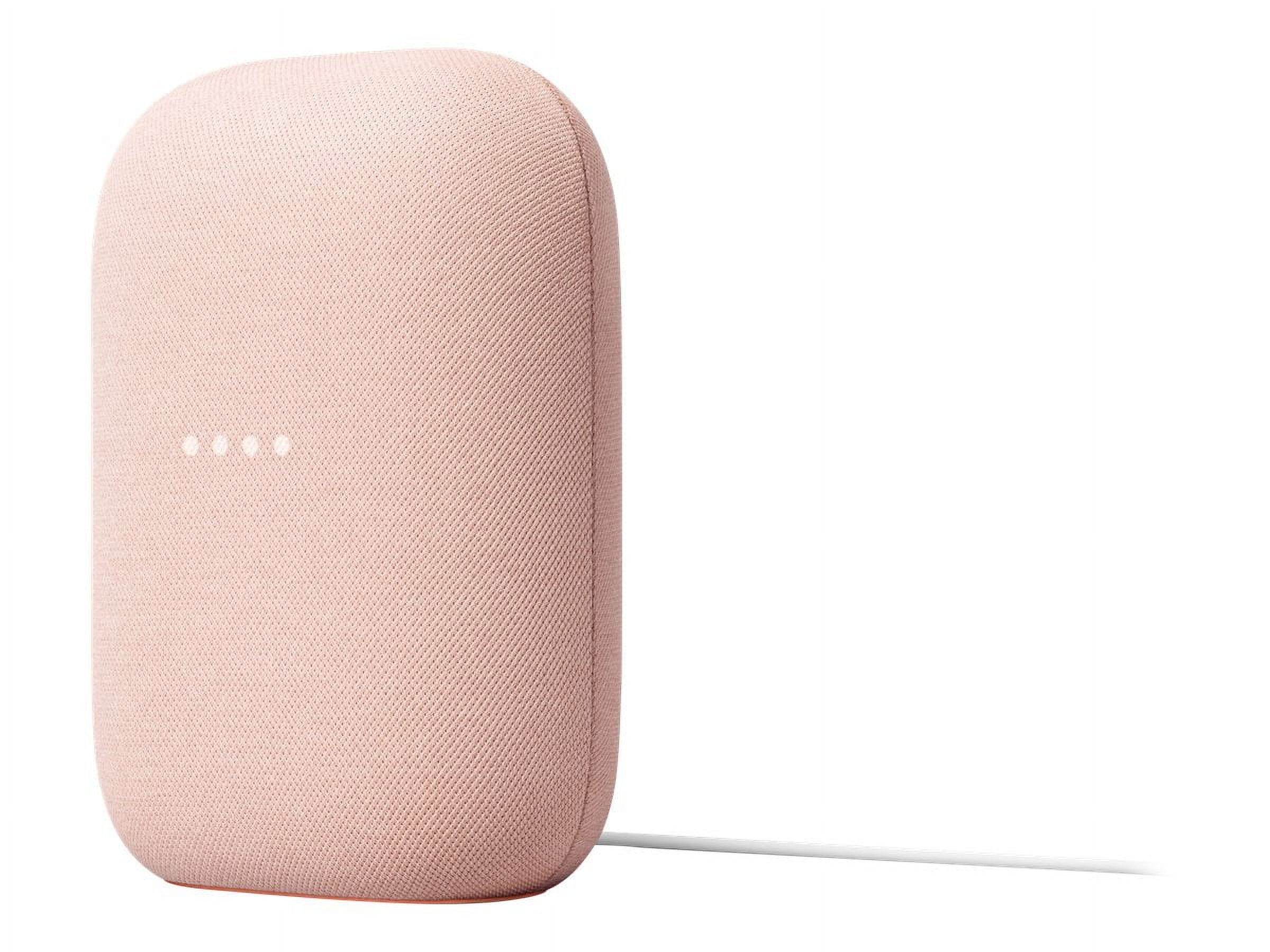Whether you're setting up a smart home or just looking to upgrade your existing setup, understanding the differences between wireless and wired devices is key. Wireless devices offer the convenience of being able to place them anywhere in your home without worrying about cord management. On the other hand, wired devices provide a more stable connection and do not require batteries or charging.
When it comes to home automation, wireless devices are typically easier to install and require less technical know-how. They can be connected to your home network via Wi-Fi or Bluetooth, allowing you to control them remotely from your smartphone or tablet. However, keep in mind that wireless signals can be affected by interference from other devices or thick walls, potentially causing connectivity issues.
On the other hand, wired devices are often more reliable and provide a stronger connection. They are typically connected to your home network via Ethernet cables or powerline adapters, ensuring a stable connection without the need for batteries or charging. While wired devices may require a bit more effort to install, they are often preferred for high-traffic areas or critical systems where reliability is key.
Advantages of Wired Home Automation Devices
Another advantage of wired home automation devices is their security. With a wired system, it is much more difficult for hackers to gain access to your network and control your devices. This provides peace of mind knowing that your home automation system is secure and protected from external threats.
Additionally, wired home automation devices tend to be more stable and have faster response times compared to wireless devices. This means that you can control your devices instantaneously without any delays, making the overall user experience more seamless and convenient. With wired devices, you can trust that your commands will be executed quickly and accurately every time.
Choosing Between Wired and Wireless Automation
When it comes to setting up a home automation system, one of the biggest decisions you'll need to make is whether to go with wired or wireless devices. Each option has its own set of pros and cons, so it's important to weigh them carefully before making a decision.
Wired automation systems are known for their reliability and stability. Since they are physically connected to your home's electrical system, they are not susceptible to interference or signal loss. This means that your devices will always work as intended, without any hiccups or delays. However, installing wired devices can be more labor-intensive and costly, as you may need to run cables throughout your home.
Wireless automation systems, on the other hand, offer more flexibility and convenience. They can be easily installed without the need for any wiring, making them ideal for renters or those who don't want to deal with a complicated setup process. However, wireless devices can be more prone to interference from other electronic devices or Wi-Fi networks, which can sometimes lead to connectivity issues.
Ultimately, the choice between wired and wireless automation will depend on your specific needs and preferences. If you value reliability and stability above all else, wired devices may be the best option for you. On the other hand, if convenience and flexibility are more important, wireless devices might be the way to go. Whichever option you choose, just make sure to do your research and select devices that will work best for your home and lifestyle.
Cost Comparison: Wired vs Wireless Home Devices
When it comes to choosing between wired and wireless home automation devices, one crucial factor to consider is the cost. Wired devices typically require professional installation, which can add to the overall cost. On the other hand, wireless devices are generally easier to set up, saving you both time and money.
Another cost consideration is the price of the devices themselves. In general, wired devices tend to be less expensive upfront, but the installation costs can quickly add up. Wireless devices may have a higher initial price tag, but the ease of installation and flexibility they offer can make them a more cost-effective option in the long run.
It's also worth considering the ongoing costs associated with each type of device. Wired devices may require regular maintenance to ensure they are functioning properly, which can lead to additional expenses over time. Wireless devices often require batteries or regular charging, so be sure to factor these costs into your decision-making process.




